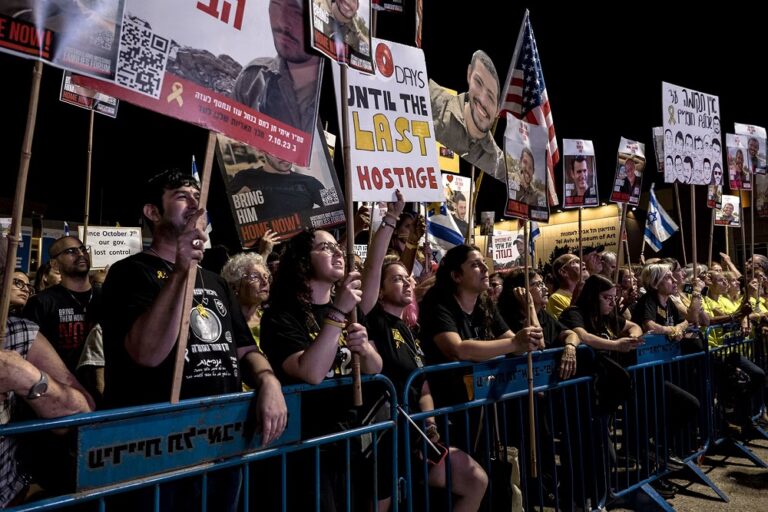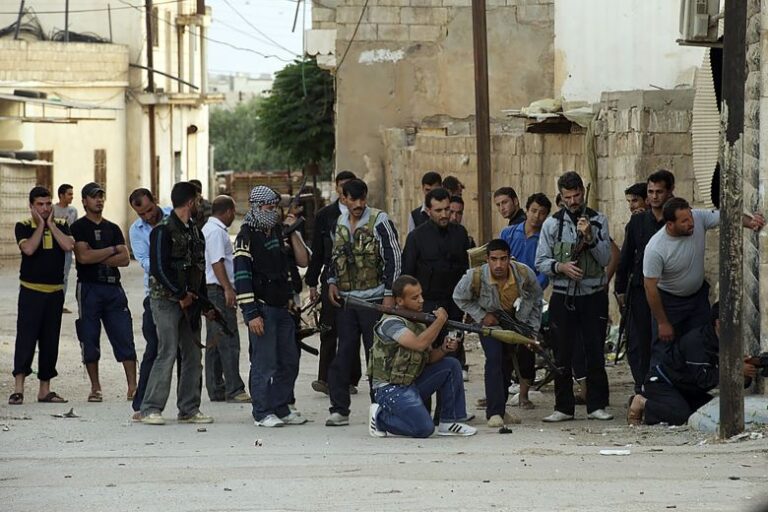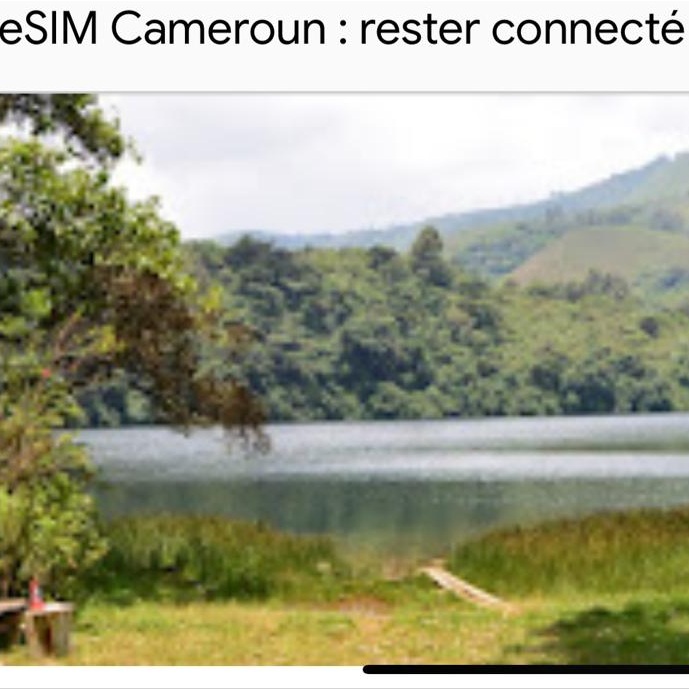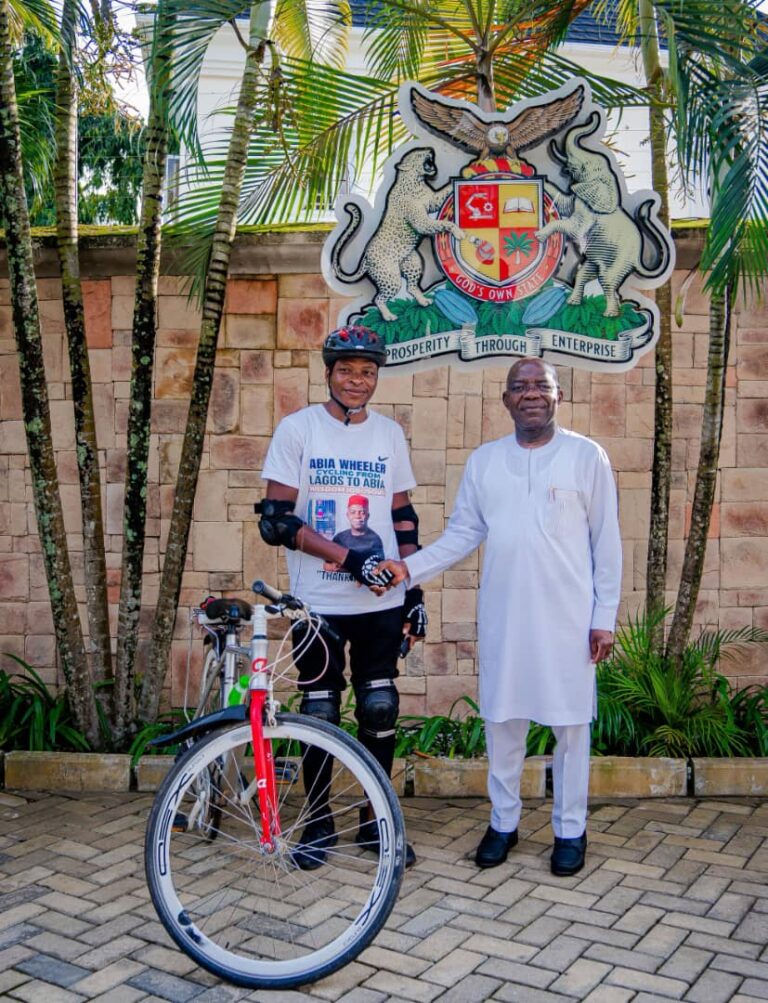
Monrovia – Serious concerns have surfaced over alleged irregularities in the evaluation process of bids for the supply of 285 yellow machines—equipment intended to support Liberia’s infrastructure and agricultural projects. A government-appointed committee overseeing the bid is under scrutiny for what sources describe as procedural lapses, oversight errors, and disregard for legal provisions favoring Liberian businesses.
The latest development in the “Yellow Machines” saga underscores a recurring pattern of inconsistencies that have plagued the process from the start.
The controversy traces back to May 2024, when Minister of State Without Portfolio Mamaka Bility introduced a US$79 million proposal for the acquisition of equipment. The plan drew sharp criticism from lawmakers, civil society groups, and anti-corruption advocates, who flagged the lack of legislative approval, transparency concerns, and allegedly inflated costs.
In response to the backlash, President Joseph Nyuma Boakai tasked Vice President Jeremiah Koung with renegotiating the deal. Koung later announced a reduced price of US$22 million, payable over three years, and pledged a more transparent procurement process.
Vice President Jeremiah Koung, heading a high-powered delegation, visited the People’s Republic of China in search of reputable companies to supply and procure the yellow machines.
However, it soon became apparent that the government would not directly finance the purchase. In keeping with public procurement policy, authorities later announced a competitive bidding process for the procurement and importation of the equipment.
The evaluation committee comprised representatives from the Ministry of Public Works, the Public Procurement and Concessions Commission (PPCC), and the Office of the Vice President. It was tasked with ensuring transparency and fairness in the bid review process.
Alleged Irregularities in Evaluation
Despite expectations for a fair evaluation, concerns have been raised about serious
oversights. Notably, the committee reportedly failed to account for a crucial discount and a
legally mandated margin of preference.
ABK alleged that its discount was overlooked. The company reportedly offered a 0.5% discount, which was not factored into the final evaluation—an omission that may have altered the ranking of bids.
The Public Procurement and Concessions Act (PPCA) mandates that Liberian-owned companies receive a 15% margin of preference to enhance domestic participation. Observers say this advantage was not applied in ABK’s case, potentially giving a foreign firm an undue edge.
Three companies submitted bids for the supply of the 285 machines including ABK Incorporated (Liberia): US$25,275,120.00, American Procurement Service: US$30,382,479.00 and Evergreen Import & Export Federation (Foreign): US$21,646,035.00
American Procurement Service was reportedly disqualified for exceeding the US$30 million threshold, leaving ABK and Evergreen as the two main contenders.
When applying the 15% local preference and the 0.5% discount, ABK’s adjusted bid should have been US$21,376,432.42, making it lower than Evergreen’s US$21,646,035.00. However, ABK was allegedly told its bid was “unresponsive,” a decision that has raised red flags about the committee’s transparency and evaluation methodology.
ABK Flags ‘Irregularities’
ABK Inc. has raised red flags over what it terms “inconsistencies and irregularities” in the government’s evaluation of bids for the supply of 285 yellow machines.
In a letter dated August 27, 2025, and signed by Public Works Minister Roland Layfette Giddings, the Ministry informed ABK that its bid submission “met all of the qualification requirements and specifications” as outlined in the bidding documents.
However, the same letter went on to state that the company’s financial proposal was “not satisfactory” and “not responsive” to the Government of Liberia’s pre-financing plan — a justification ABK says lacks merit.
“This is to notify you that your bid submitted June 30, 2025, for the supply and delivery of Two Hundred Eighty-Five (285) Earthmoving Equipment and Twenty (20) Utility Pickup Trucks under IFB No. MPW/NRF/G/PROJ/RB/00/25 with a bid price of Twenty-Five Million Two Hundred Thirty-Seven Thousand One Hundred Twenty United States Dollars (US$25,237,120.00) met all of the qualification requirements and specifications required by the Ministry of Public Works as outlined in the bidding document. However, your Financial Proposal (Terms of Payment) is not satisfactory to the Government of Liberia,” the letter stated.
The Ministry further noted that ABK’s bid was deemed “Not Responsive” to the government’s pre-financing plan, “according to the Ad-hoc Bids Evaluation Panel and approved by the Road Maintenance Committee and the Public Procurement and Concessions Commission (PPCC) respectively.”
In response, ABK lodged a formal complaint, invoking Section 125 of the PPCC Act, which allows aggrieved bidders to seek an administrative review of procurement decisions.
“We hereby lodge a complaint under PPCC Act Section 125 regarding the rejection letter we received on September 15, 2025, dated August 27, 2025, which states that our bid ‘met all qualification requirements and specifications’ but was deemed ‘not responsive’ because the Financial Proposal (Terms of Payment) was ‘not satisfactory’ and ‘not responsive to the Government’s pre-financing plan,’” the company’s management wrote.
ABK added: “We acknowledge receipt of the results of the above procurement package, referenced as follows. We have our attributed facts and circumstances surrounding the unfair evaluation process and the flaws within the bidding process of the above package.”
The company further contended that its bid contained no material deviation from the stated requirements, arguing that the rejection misapplied Section 62(9) of the PPCC Act.
ABK maintained that it possesses the financial capacity to pre-finance 100% of the contract within four months, pledging adherence to all terms and conditions outlined in the Local Purchase Order and Specific Contract Conditions.
The company listed US$20,575,000 in total assets and outlined its sources of funding:
- US$10 million as income,
- US$10 million as a bank letter of credit, and
- US$575,000 in real estate and transportation assets.
The United Bank for Africa (UBA) also confirmed ABK’s financial standing, forwarding a credit letter to the Ministry of Public Works verifying that ABK maintains active corporate accounts with the bank.
“We would like to recommend Messrs. ABK Incorporated for any legally suitable partnership venture that you may intend to undertake because the company has proven to be financially viable, reliable, and honest since inception of operations with the United Bank for Africa (Liberia) Limited,” UBA wrote.
“We confirm our willingness to support credit/financing structure requests from the company in excess of US$20,000,000, subject to satisfying the bank’s credit policy requirements, for the supply and delivery of 285 Earthmoving Equipment and 20 Utility Pickup Trucks under IFB No. MPW/NRF/G/PROJ/RB/001/2025.”
Potential Breach of Procurement Laws
Analysts and civil society groups argue that failure to apply the local preference and discount constitutes a breach of Liberia’s Public Procurement and Concessions Act and undermines President Joseph Nyuma Boakai’s pledge to prioritize local content in national development programs.
“This oversight, whether intentional or not, gives the impression that the government’s own procurement laws are being selectively applied,” one procurement expert noted.
Presidential Preference for Caterpillar Equipment
Meanwhile, FPA has gathered that President Boakai had previously expressed a preference for Caterpillar-branded machinery, citing their durability and suitability for Liberia’s tropical terrain. That position was reportedly communicated to Vice President Jeremiah Koung in a March 27 letter from the President, further complicating perceptions of neutrality in the evaluation process.
Calls for Investigation
In light of the controversy, stakeholders and civil society organizations are demanding an independent investigation into the committee’s conduct. They argue that ABK should have been declared the rightful winner based on both its bid value and its compliance with Liberian ownership laws.
“Clearly, ABK should have been awarded the contract based on merit and the applicable margin of preference. We are calling for a full review of the process,” one civil society representative told FrontPage Africa.
The Public Procurement and Concessions Commission and the Ministry of Public Works have yet to respond publicly to the allegations.
Observers say the controversy surrounding the evaluation of the 285 yellow machines underscores persistent challenges in Liberia’s procurement system—chiefly, the enforcement of transparency, fairness, and local participation. As calls for accountability grow louder, the government faces pressure to act decisively to restore public trust and ensure that Liberian businesses receive fair treatment in national projects.










